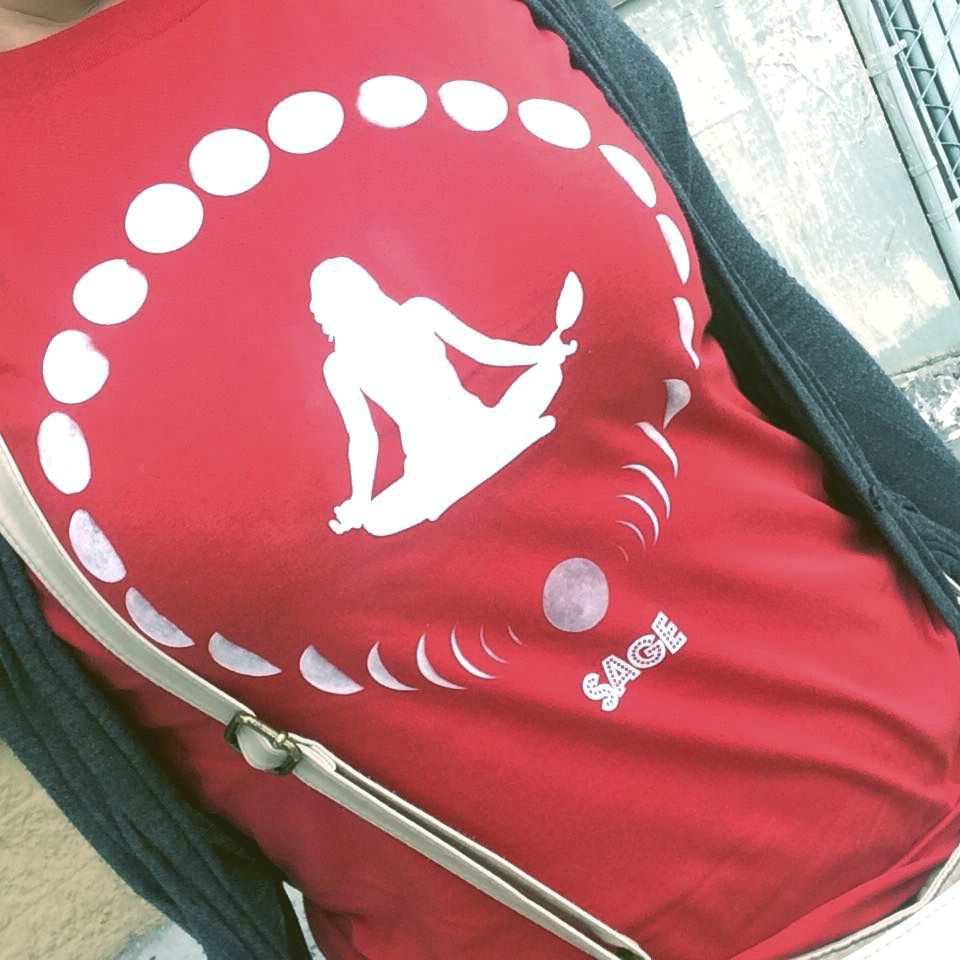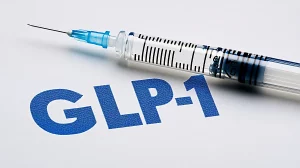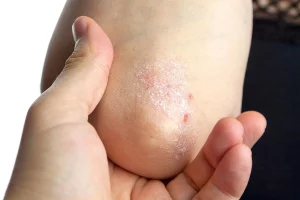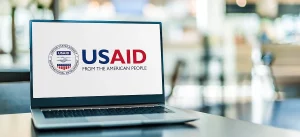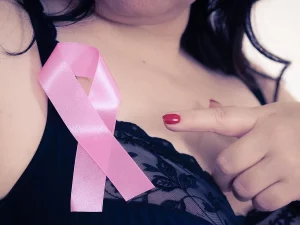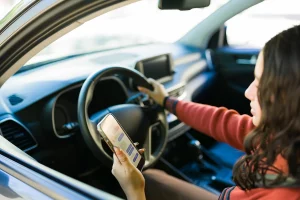IN THE LAST FEW MONTHS, periods have gone public. Menstruation activism has been pushed up to the top of the feminist agenda, with women in the US rallying around the Robin Danielson Act for menstrual hygiene product safety, and women in the UK taking to the streets to protest the taxation of essential tampons and pads. Artist Rupi Kaur received much support when she went to war with Instagram over a photo showing her wearing period-stained sweatpants, and the #thehomelessperiod campaign highlighted how miserable experiencing a period can be for homeless and impoverished women.
It’s looking like the message is being received at long last — half the world’s population has to bleed every month for decades and discrimination based on this biological fact needs to stop. As we’re getting a bit more comfortable with talking about menstruation as a political issue, can we also embrace talking about it as a personal issue? While discussing menstruation in general as something all females do is great, a powerful way of subverting the taboo, dismantling the shame, and breaking the silence might be making your own menstrual cycle public knowledge. That is — letting other people know where you are in your cycle.
Jax Gonzalez of the Menstrual Activism Research Collective (MARC) developed the idea of “menstrual outing,” arguing that this simple declaration — “I am menstruating today”– is an important, radical form of activism. The idea is to “out yourself” as menstruating in opposition to the norm of hiding tampons and pads, fearing the blood, and glossing over the symptoms or signs of the experience.
Women are rightly wary of making this information known. We feel like it will only be used against us as justification for the discrimination we seek to prevent. And, of course, it has, with one example being when the European supermarket Lidl requested female employees wear armbands to indicate when they were taking “necessary,” rather than unnecessary, bathroom breaks for period-related reasons. And some see power in the privacy, with 38% of women in one survey admitting to using their period as an excuse to avoid duties and commitments, whether they were actually menstruating or not.
 In the last month, I have been making not only my period, but also the entirety of my menstrual cycle, public knowledge. With the creator of the My Moontime app, Dana Michelle Gillespie, I designed a line of tee shirts that represent the four phases of the menstrual cycle – menstruation, ovulation, the pre-menstruation (luteal) phase, and the pre-ovulation (follicular) phase. Each phase is signified by an archetype – of the Jungian kind – that reveals the way our hormones align to make us feel and act differently throughout the cycle, giving us certain strengths and talents at certain times. Thus, menstruation is represented by the Sage archetype, pre-menstruation by the Enchantress, ovulation by the Mother and pre-ovulation by the Maiden. Each archetype connects back to positive assessments of every part of the hormone cycle. The moon phases that circle the archetypes in the design make it more obvious to others what each shirt indicates. For my last cycle, I wore each of the four shirts in turn and posted pictures online announcing my current hormone situation.
In the last month, I have been making not only my period, but also the entirety of my menstrual cycle, public knowledge. With the creator of the My Moontime app, Dana Michelle Gillespie, I designed a line of tee shirts that represent the four phases of the menstrual cycle – menstruation, ovulation, the pre-menstruation (luteal) phase, and the pre-ovulation (follicular) phase. Each phase is signified by an archetype – of the Jungian kind – that reveals the way our hormones align to make us feel and act differently throughout the cycle, giving us certain strengths and talents at certain times. Thus, menstruation is represented by the Sage archetype, pre-menstruation by the Enchantress, ovulation by the Mother and pre-ovulation by the Maiden. Each archetype connects back to positive assessments of every part of the hormone cycle. The moon phases that circle the archetypes in the design make it more obvious to others what each shirt indicates. For my last cycle, I wore each of the four shirts in turn and posted pictures online announcing my current hormone situation.
In a way, all the recent menstruation activism has got us fixated on the period as a singular event. Yet, period-tracker and fertility awareness apps are helping women to become more familiar with their whole hormone cycle. We can keep track of our fertility signs, our mood changes, and our physical changes, and we can even join private Facebook groups and site forums to compare notes.
I feel like my own menstruation activism started when I chose to have a real period. Instead of suppressing my cycle with hormonal birth control, as I had since I was 17, I decided to experience it as a whole.
I have been lucky; my period reappeared as a pretty easy-going, very regular addition to my life. Five years or so later I wouldn’t swap the great way ovulating makes me feel. That’s right — ovulating can make you feel great, sociable, articulate, energetic, optimistic, and brimming with emotional intelligence. I wouldn’t give up my pre-menstrual assertiveness, strong intuition and creativity. I wouldn’t even want to get rid of the release of menstruation and the feeling of a fresh start I get as I enter pre-ovulation. Being aware of where I am in my cycle is a source of power, and I can use that knowledge to better understand myself and improve my life.
My first step at making my menstrual cycle public was letting my husband in on this knowledge. It was good for my relationship and, in fact, it would be helpful to know more about male hormone cycles. I started to think about how I might benefit from other family, friends, strangers even, knowing where I am in my cycle and how, eventually, they might benefit too.
The shirts don’t make it all that obvious, but they do spark conversation. I found the most profound impact was in how it made me feel to wear them. Wearing the Enchantress shirt definitely caused my experience of pre-menstruation to be more positive as I was extra-aware of my mood changes. Making a positive statement about a time that is usually seen as wholly negative elevated my confidence in my body. I liked the idea that other women might connect with the archetypes on a subconscious level. Sharing the images online made me feel like I was part of something bigger as other women were enthusiastic about what was, to me, something of an experiment. We got a kick out of being in the same phase, at the same time. I realized it was as much about connecting with other women as it was about taking a stand against patriarchy.
So, I’m ovulating right now. How about you?

